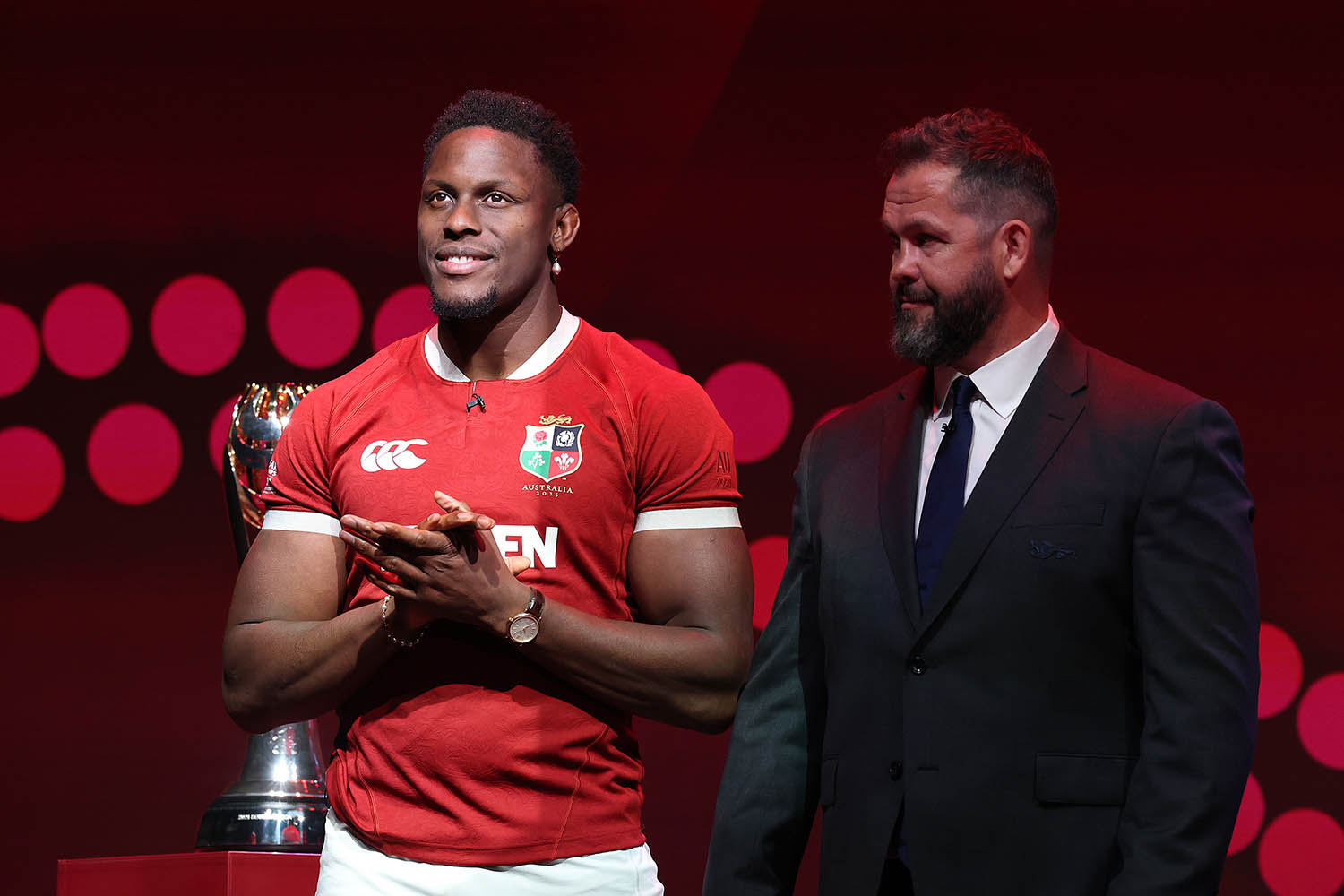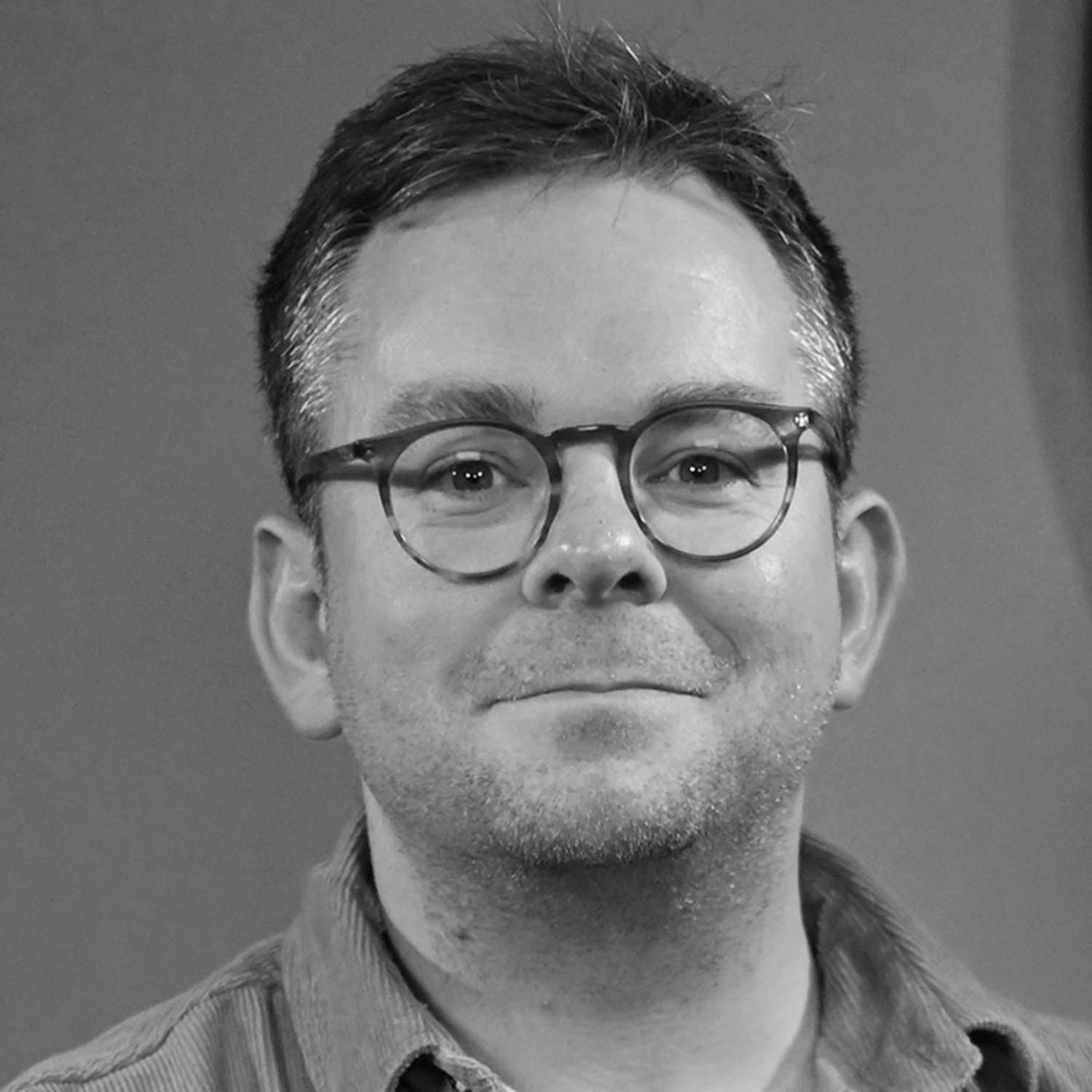Maro Itoje being named captain of the British and Irish Lions is not a surprise. Speak to enough players and you quickly realise which of them will make exceptional leaders. Itoje felt destined for this role even before his England debut.
At the Premiership Rugby Awards a decade ago Itoje, then 20, held court with a group of reporters shortly before his first Premiership final with Saracens, as speculation simmered that the uncapped forward may be part of England’s Rugby World Cup squad.
Saracens went on to win that Premiership final – Itoje started at blindside flanker against Bath – and he was named in England’s wider squad before failing to make the final cut (which with hindsight, given the disaster that tournament turned out to be, is no bad thing).
In those few minutes hearing a young Itoje speak with a level of focus, clarity and confidence which players at that age just do not have, the penny dropped. Itoje had captained England’s Under-20s to a world title in 2014 and it felt inevitable that he would go on to lead both England and the Lions.
What has been surprising, however, is how long it has taken for Itoje to reach this point. Richie McCaw was named New Zealand captain at 25. Siya Kolisi with South Africa at the age of 26. Antoine Dupont was 24 when he first led France. Itoje, meanwhile, is now 30.
Clearly a world-class player – punishing in defence, a breakdown menace, superb at the lineout – with his growing influence in the England side as a motivator and later running the lineout, the expectation was that Itoje would eventually become captain. Then, Itoje’s England coach, Eddie Jones, released his book ‘Leadership: Lessons From My Life In Rugby’, and the prospect of Itoje fulfilling that destiny felt far less certain.
“I might be wrong, but I am not sure Maro is a future England captain,” Jones wrote, damningly. “He is going to be one of the great players, but he is very inward-looking. He drives himself rather than anyone else. He doesn’t usually influence people off the field.”
Jones a few weeks after publication would walk that back, claiming Itoje had rapidly matured. “I've got no doubt in the future he will captain England,” Jones offered, but he had still not picked Itoje as his captain by the time he was dismissed by the RFU at the end of 2022, remaining loyal throughout to Owen Farrell.
Back in 2021 when the Lions went to South Africa, after the captain Alun Wyn Jones dislocated his shoulder in a warm-up fixture, Warren Gatland turned not to Itoje but Conor Murray, the scrum-half who had never captained Munster or Ireland. Asked why, Gatland spoke about not wanting to put Itoje, a vocal leader in the group, under “external pressure”. That seemed odd. A giant for the Lions in 2017, multiple title-winner with Saracens and World Cup finalist with England, Itoje felt ready but was overlooked.
What changed? Well, as Steve Borthwick, the England head coach, noted when appointing Itoje as his captain at the start of this year, Itoje’s influence around the England squad has grown considerably in the past two years. More individual conversations with team-mates, more quiet words of encouragement.
Newsletters
Choose the newsletters you want to receive
View more
For information about how The Observer protects your data, read our Privacy Policy
“Calm under pressure” was how Borthwick described his new captain. Borthwick knew Itoje was the right appointment from the way the England players had begun looking at him when he addressed the team, how Itoje’s meticulous preparation throughout each week had turned him into “a role model”.
In the end there was a domino effect. Farrell leaving Saracens after so long meant the club captaincy was finally vacant. Itoje, an influential England vice-captain, led England throughout 2024 when Jamie George was off the field. Narrow defeats last year had to be converted into narrow wins, so Borthwick made a change.
England duly won four games in a row in the Six Nations and Itoje emerged as the frontrunner to lead the Lions, even before Caelan Doris’s injury. Not bad for a player whose prospects of being a Test captain were once written off by his own coach. The timing may have been a little off, yet the outcome of Itoje being named England and now Lions captain has always felt inevitable.
Photograph by David Rogers/Getty Images

